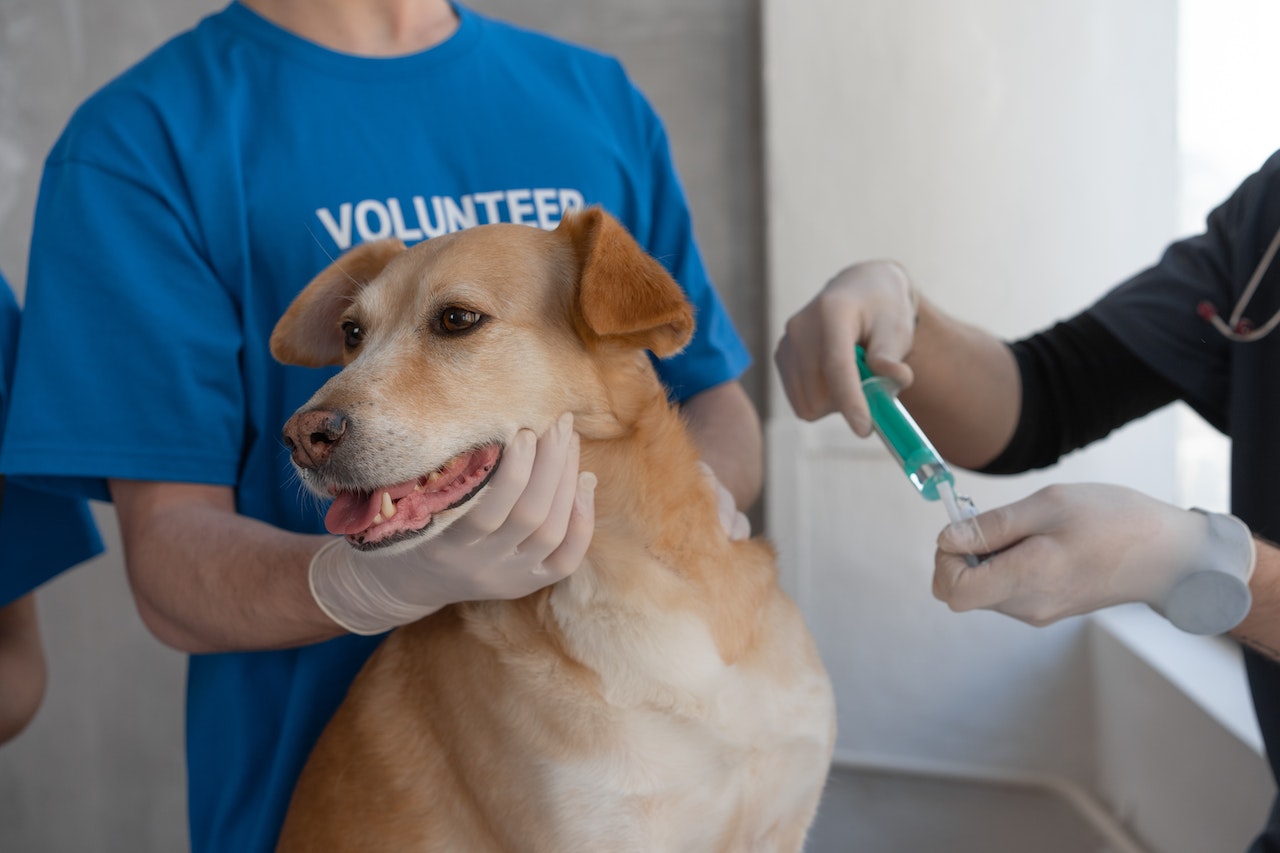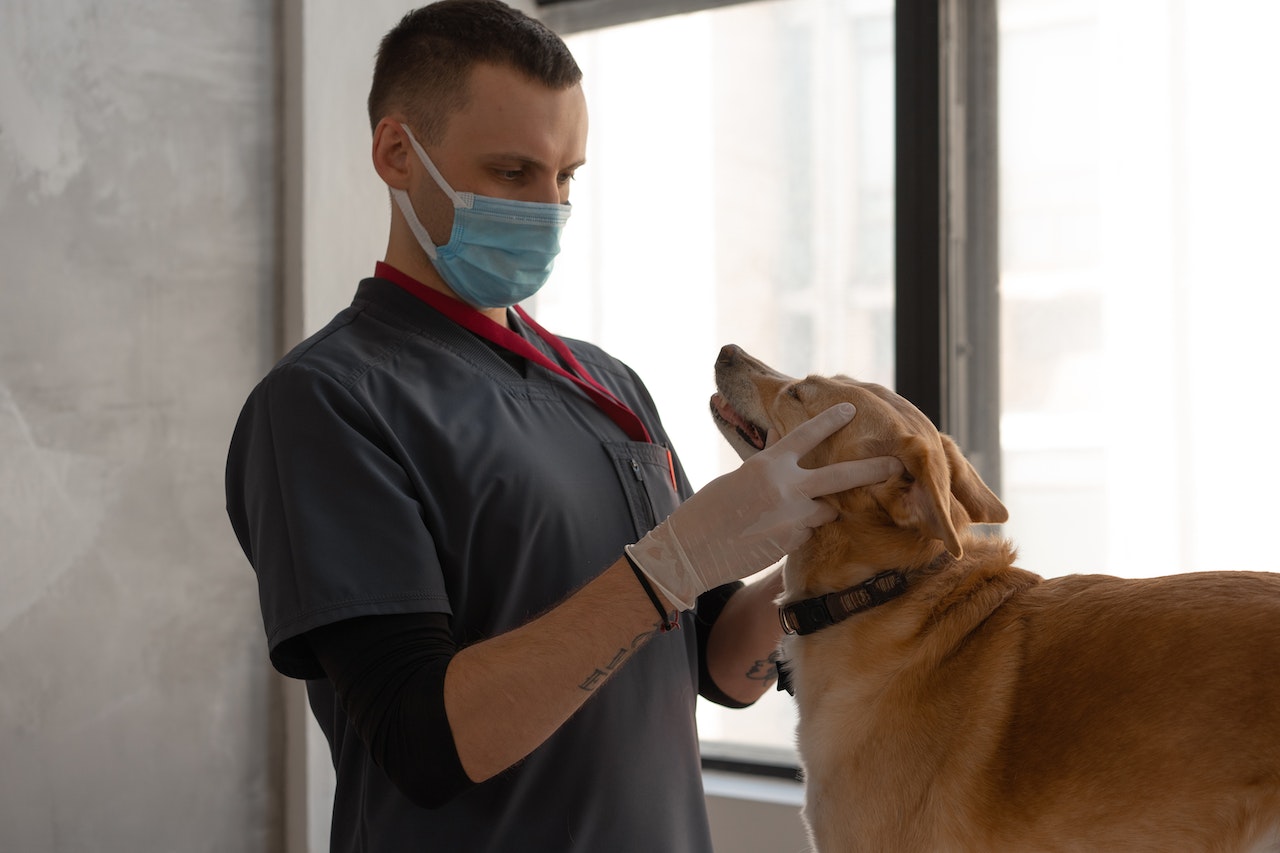If you are reading this, you may have had queries regarding dog vaccinations at some point. These may include when to administer them, how frequently to give booster doses, whether there are any obligatory vaccines, which ones are recommended, and what diseases they protect against. As a dog owner, you’ve probably pondered these questions on several occasions.
While there is a wealth of information available on the topic of dog vaccinations, there isn’t much consensus. Thus, we’ve condensed the most important aspects of these vaccines for you to reference whenever necessary. Keep this information on hand and consult it whenever you need it.
The importance of dog vaccinations
It is crucial for dogs to be vaccinated as their immune system may not be equipped to fight against different viruses and illnesses.
Additionally, we need to be mindful of Zoonosis. Is this term unfamiliar to you? It refers to the transmission of diseases between animals and humans, and vice versa. By vaccinating your dog, you can help reduce the occurrence of this phenomenon in your community, safeguarding the health of both your family and your furry friend.
Furthermore, vaccinations can optimize your dog’s immune system function, leading to a healthier and happier canine companion.
Mandatory dog vaccines: anti-rabies
To simplify, dog vaccinations are categorized into mandatory, essential, and optional (or non-essential) types.
Currently, there are no vaccines that are legally required in the UK except for the rabies vaccine, which is mandatory for dogs that are entering or leaving the country.
According to the UK government, for most countries, dogs must have a rabies vaccination at least 21 days before travel. However, it’s important to check the specific requirements for the destination country, as some may have different rules and timelines for rabies vaccinations.
It’s also recommended to consult with your veterinarian well in advance of your travel plans to ensure all necessary vaccinations and paperwork are in order.
Core and Optional Dog Vaccines
The World Small Animal Veterinary Association (WSAVA) considers vaccines for distemper, parvovirus, and canine infectious hepatitis, in addition to the rabies vaccine, as essential for dogs.
These three vaccines are often combined to form the canine MMR.
It is also crucial to vaccinate against canine leptospirosis, which protects against a dangerous bacterial infection. Additionally, the vaccine for the parasitic disease leishmaniasis should not be overlooked.
The kennel cough vaccine is considered non-essential or optional, although highly recommended.
What do dog vaccines protect against?

As mentioned before, dog vaccines play a crucial role in stimulating the immune system to produce the necessary antibodies that can combat various viruses or diseases which could otherwise be fatal without such protection.
But what viruses or diseases are these vaccines targeting, and how do they affect your dog’s health?
- Rabies. It is a highly contagious disease and is considered a public health problem. It is transmitted between mammals through saliva, mainly via bites, and can lead to central nervous system damage, paralysis, behavioral changes, aggressiveness, and even death. This is why it is mandatory to vaccinate dogs against rabies.
- Distemper. It is a viral disease that causes fever, cough, loss of appetite, and general weakness in dogs. This vaccine is critical and should be given to puppies in their early weeks of life.
- Parvovirus. It is an infectious disease that can affect the intestinal tract of dogs and can be fatal. It is spread through an animal’s droppings, and the virus can survive in the environment for up to two weeks. The vaccine against parvovirus should also be administered to puppies in their early weeks of life.
- Canine infectious hepatitis. It is a disease that affects only dogs, despite its name. This disease can cause death in a matter of hours for dogs that have not been vaccinated. While its incidence has significantly reduced due to vaccination, cases of canine hepatitis still occur.
- Leptospirosis. It is a bacterial disease that causes fever, loss of appetite, nervous conditions, diarrhea, and vomiting in dogs.
- Kennel cough. It is an infectious disease that causes a mild dry cough, vomiting, and even the expulsion of white foam from the mouth. It is highly contagious and spreads quickly in places where many dogs live together, such as kennels, hence its name.
- Leishmaniasis. It is a parasitic disease that is caused by the bite of an infected insect. Symptoms of this disease include loss of appetite, muscle atrophy, bleeding, anemia, and kidney disorders.
What are polyvalent dog vaccines?
While you may not recognize some of the names we’ve mentioned, you may be more familiar with terms like “trivalent” or “versatile.”
Polyvalent dog vaccines are those that provide protection against multiple viruses or diseases. They can be beneficial by reducing the number of visits to the vet and avoiding additional shots, which can be stressful for your dog. The best-known are:
- Trivalent: offers protection against infectious hepatitis, leptospirosis, and kennel cough.
- Tetravalent: provides the same protection as the trivalent vaccine, but also includes immunity to parvovirus.
- Pentavalent: protects against distemper, parvovirus, hepatitis (types 1 and 2), and kennel cough.
- Hexavalent: offers protection against the same viruses as pentavalent vaccines, but also includes immunity to leptospirosis and two strains of parvovirus.
Vaccination schedule

If you have a puppy, the following vaccination schedule should be followed. However, if your dog is older than 6 weeks when it comes into your life, it is advisable to consult with the previous owners regarding their vaccination history and inform your veterinarian, who can provide you with a guideline to follow.
- At 8 weeks of age: 1st dose of distemper, parvovirus, infectious hepatitis, and leptospirosis
- At 12 weeks of age: 2nd dose of the above vaccines and 1st dose of kennel cough for social dogs and 1st dose of rabies vaccine for dogs that may be travelling
- End of 12 months: 3rd dose of distemper, parvovirus, infectious hepatitis, and leptospirosis and 2nd dose of kennel cough
It is important to keep in mind that dog vaccines require booster doses to ensure that your dog’s immune system continues to generate antibodies. Some of the most highly recommended booster vaccines include:
- Every 3 years administer a dose of the triple virus (distemper, parvovirus, and hepatitis).
- Annually administer a booster dose for leishmaniasis, leptospirosis, and kennel cough.
- Every 1-3 years, administer booster doses of the rabies vaccine based on geographical criteria and the brand of the vaccine.
Note: This is a summary of all dog vaccines, but we still suggest consulting with your veterinarian and following their recommendations. Depending on factors such as breed, age, and health status, some dogs may require additional vaccinations or a different vaccination schedule.
Make sure to keep your dog’s vaccination record up to date, regardless of the vaccination schedule you follow. Additionally, it is important to note that if you plan to entrust your dog to one of our sitters, bringing the vaccination record is a must.
What is Gudog?
Gudog is the easiest way to find & book the perfect dog Sitter. Thousands of loving Sitters are ready to care for your dog like family! All bookings come with Veterinary Care & Free Cancellation.
